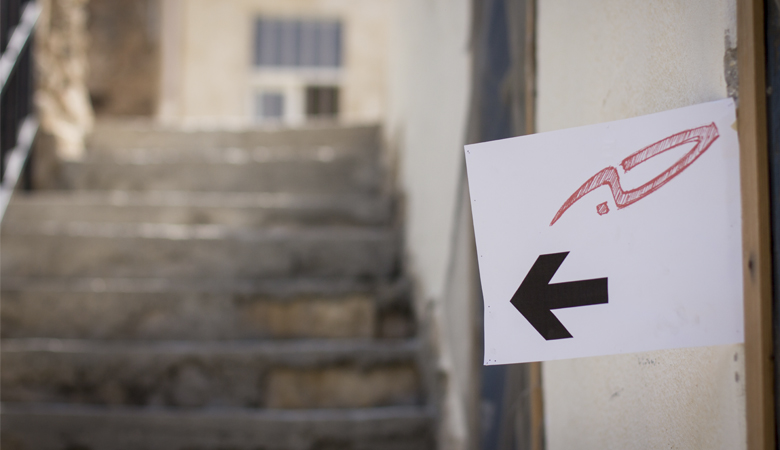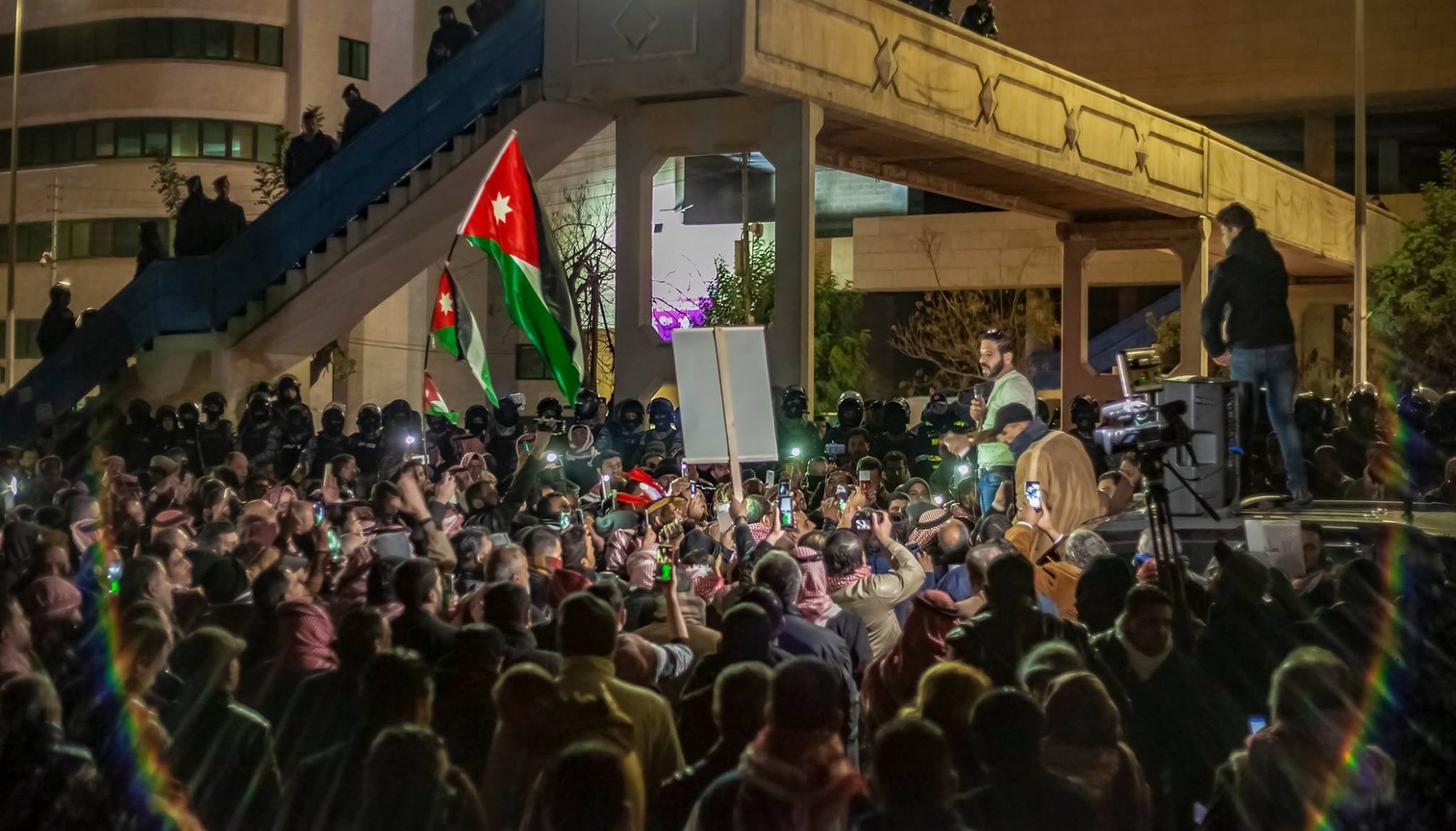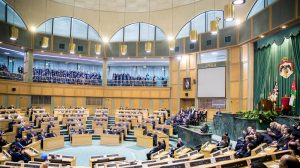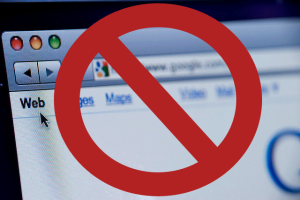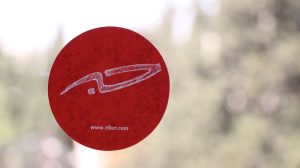A year and half after the Jordanian government first blocked 7iber, we applied for licensing at the media commission and our application was approved, making the website accessible inside Jordan again.
It was in June of 2013 that 7iber was first blocked, along with over 200 Jordanian websites, based on amendments to the Press and Publication Law that required any website that publishes “articles, news, or commentary related to Jordan” to get licensed by the government.
Most websites applied for a license in order to get unblocked, but at 7iber we maintained a moral stance against the licensing requirement, which is a restriction of freedom of expression and press freedom, whether print or online. We are not against registration; 7iber operates under “Hiber for Training and Technology”, a limited liability company officially registered in Jordan since 2009. We oppose the licensing requirement because it means that one needs prior approval from the government in order to publish, and this is one of the oldest tools of government control and censorship.
We challenged the ban in court along with a number of other websites, but the cases were dismissed. We continued to operate through our mirror website, 7iber.org, for a year, until the media commission blocked it in June 2014. It blocked our subsequent alternative domains, 7iber.net (on August 21, 2014), and 7iber.me (on August 24, 2014), and followed this by pressing legal charges, which led to a court case against the company for “running an unlicensed media organization” in violation of article 48 of the Press and Publication Law.
It became clear that we cannot resort to switching domains in order to keep publishing and reaching our audience. With the absence of any collective mobilization that can create pressure to change the press law, and because our main priority is to have impact through the content we produce, we had no option but to apply for a license in order to make the website accessible again.
One of the licensing requirements is to have an editor in chief who has been a member of the Jordan Press Association (JPA) for at least four years. This did not apply to any of the journalists on 7iber’s team because of the JPA law that, until a few months ago, did not acknowledge journalists who work in online media. We had to look for someone who meets the licensing requirements, and we are very happy to welcome Sara Qudah to 7iber’s team as the new editor in chief.
This does not change our position against the Press and Publication Law and other laws that violate freedoms and rights guaranteed by the Jordanian constitution and by international human rights conventions ratified by Jordan, nor is it the end of our endeavor to fight censorship. Licensing will not affect 7iber’s editorial policy, which is committed to journalistic independence and producing critical content that pushes the public debate forward and holds those in power accountable.
